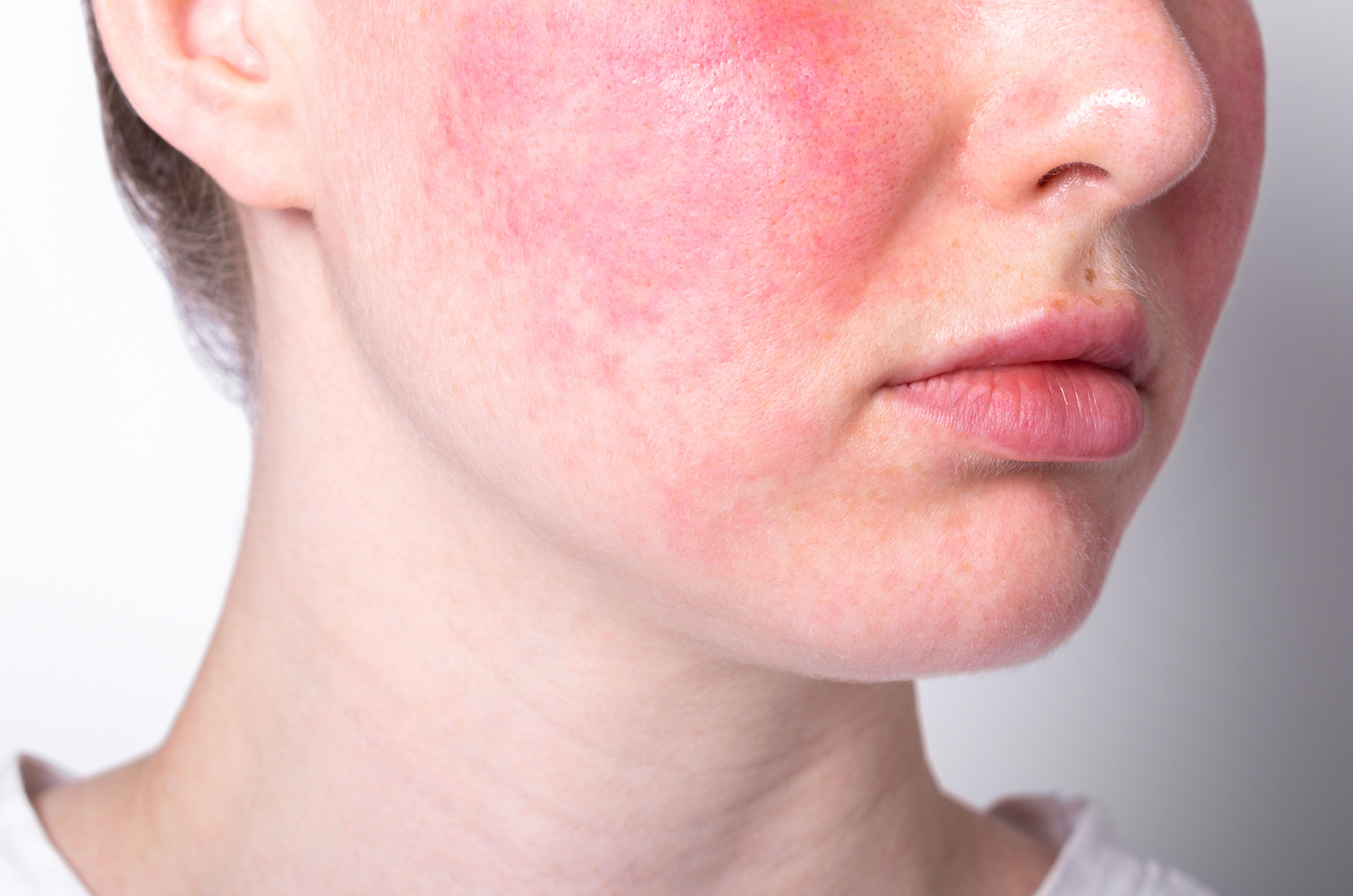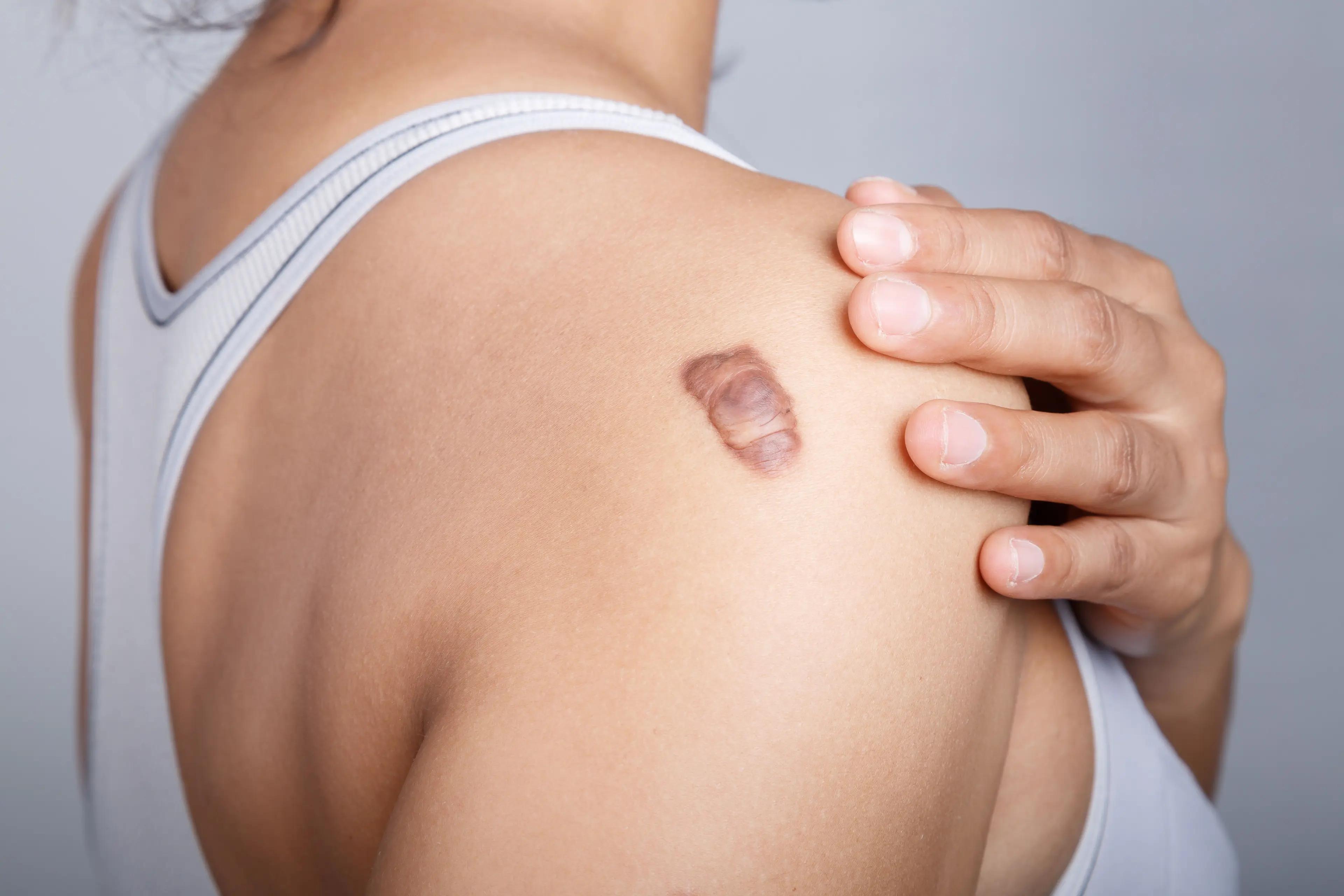- Acne
- Actinic Keratosis
- Aesthetics
- Alopecia
- Atopic Dermatitis
- Buy-and-Bill
- COVID-19
- Case-Based Roundtable
- Chronic Hand Eczema
- Drug Watch
- Eczema
- General Dermatology
- Hidradenitis Suppurativa
- Melasma
- NP and PA
- Pediatric Dermatology
- Pigmentary Disorders
- Practice Management
- Precision Medicine and Biologics
- Prurigo Nodularis
- Psoriasis
- Psoriatic Arthritis
- Rare Disease
- Rosacea
- Skin Cancer
- Vitiligo
- Wound Care
News
Article
Q&A: Thomas Casale, MD, Discusses Abstract on Dupilumab and Significant Itch, Hive Reduction in Chronic Spontaneous Urticaria
Author(s):
Phase 3 trial results presented at AAAAI/WAO 2025 highlight dupilumab's efficacy in reducing itch severity and urticaria activity in CSU patients.
At the 2025 American Academy of Allergy, Asthma, and Immunology/World Allergy Organization Joint Congress, Thomas Casale, MD, presented findings from the LIBERTY-CSU CUPID Study A and Study C, 2 phase 3 trials evaluating dupilumab (Dupixent; Regeneron and Sanofi) in patients with chronic spontaneous urticaria (CSU) who remain symptomatic despite H1-antihistamine treatment.
The pooled results demonstrated significant improvements in itch severity and urticaria activity with dupilumab compared to placebo, reinforcing its potential role in CSU management.1
In a Q&A with Dermatology Times, Casale, professor of medicine and pediatrics and chief of clinical and translational research at the University of South Florida, discussed the study's key takeaways, the clinical implications for dermatologists and allergists, and what these findings mean for the future of CSU treatment.
Thomas Casale, MD

Q&A
Q: Can you summarize the key findings from the pooled results of these pivotal studies on Dupixent for CSU?
A: These pooled results confirm what we saw in Study A and Study C: Dupilumab reduced itch and hives and improved disease control compared to placebo in patients with CSU who were uncontrolled on standard of care antihistamines.
Q: How did Dupixent perform in terms of symptom relief and overall treatment response compared to placebo?
A: Patients treated with dupilumab had reductions in both itch severity and urticaria activity. Dupilumab also increased the proportion of patients achieving well-controlled disease or those who had a complete response compared to placebo.
Q: What are the most significant clinical implications of these findings for CSU patients uncontrolled on H1-antihistamines?
A: Patients with CSU suffer from the unpredictable appearance of hives, which is accompanied by persistent and debilitating itch. Dupilumab reduced both itch and hives compared to placebo which shows its potential as a treatment approach.
Q: Were there any unexpected outcomes or notable differences in treatment response among patient subgroups?
A: We didn’t observe any unexpected outcomes in these studies, which is reassuring, and that the results are consistent with what we saw in each individual pivotal trial. The current analysis did not assess patient subgroups, but any potential additional subgroup analyses will be shared in a future scientific forum.
Q: Can you comment on the safety profile observed in the study?
A: The overall safety was generally consistent with the known safety profile of dupilumab.
Q: How do you see Dupixent fitting into the current CSU treatment paradigm, and what are the next steps for research?
A: In these trials, dupilumab was assessed in patients who were uncontrolled on standard-of-care antihistamines, a population that has limited treatment options. Dupilumab is a potential novel treatment approach for these patients and uniquely positioned to address two key drivers of type 2 inflammation, an important biological pathway underlying CSU. Though clinical trials are complete, we will continue to assess the data.
Reference
- Casale T, Saini S, Bernstein J, et al. Dupilumab improves itch and urticaria activity in patients with chronic spontaneous urticaria: Pooled results from two phase 3 trials (LIBERTY-CSU CUPID Study A and Study C). Abstract presented at: 2025 AAAAI/WAO Joint Congress; February 28-March 3, 2025; San Diego, CA.
Newsletter
Like what you’re reading? Subscribe to Dermatology Times for weekly updates on therapies, innovations, and real-world practice tips.













